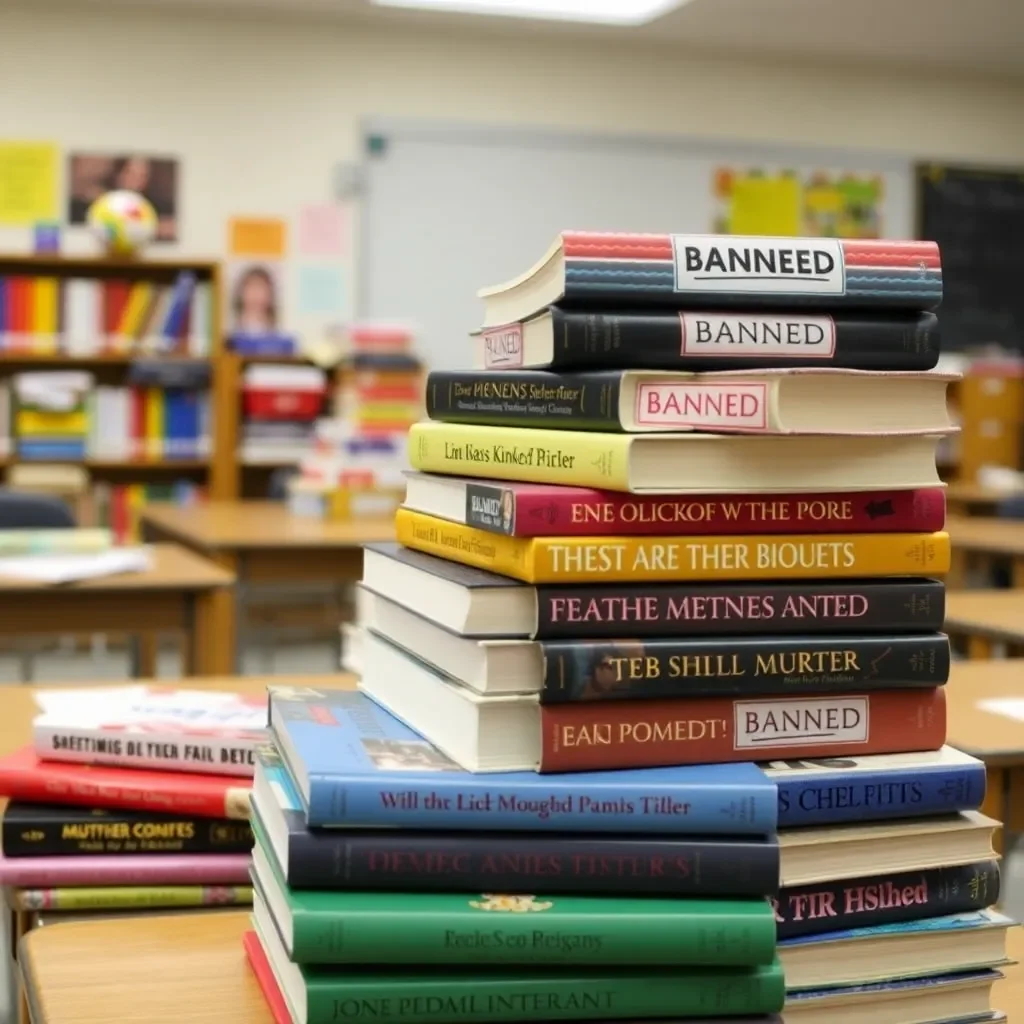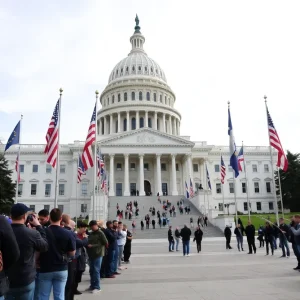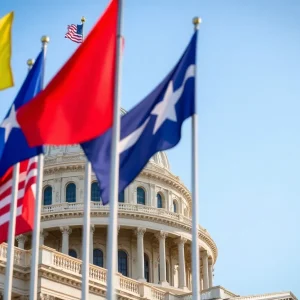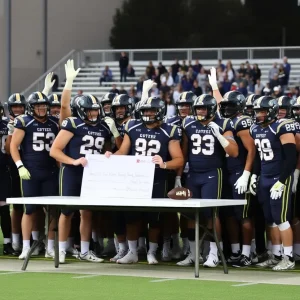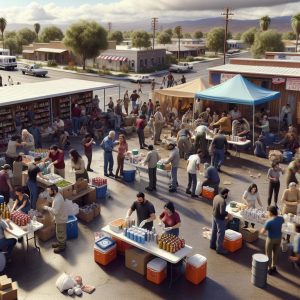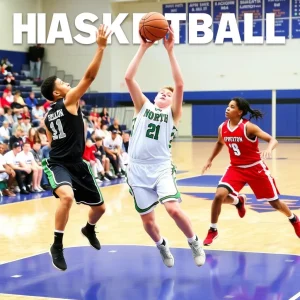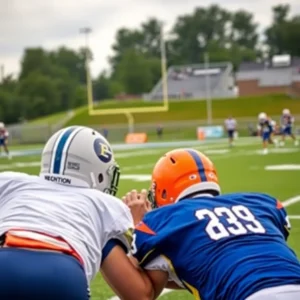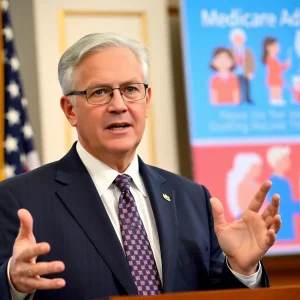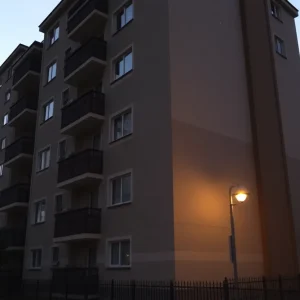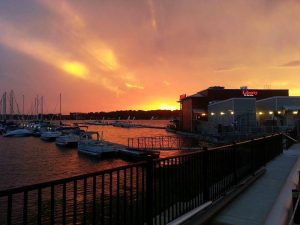COLUMBIA, S.C.
In a move that has sparked quite a bit of discussion, the South Carolina Board of Education, led by State Superintendent Ellen Weaver, has made headlines by banning a total of seven books from all public schools. As the board gears up for another round of deliberations, scheduled for Tuesday, December 3, many are curious to see what will come of two more titles currently on the chopping block: an 8th-grade literature textbook and a novel entitled ‘Crank’.
A Growing Trend of Book Bans
The recent wave of bans has ignited conversations across the state and beyond. Advocates of the book bans suggest that these measures are essential to ensure that students are not exposed to certain materials deemed inappropriate for a school setting. They believe that keeping specific books out of schools helps maintain the integrity of educational environments and protects young minds from content that may be too mature or graphic.
In contrast, critics of the bans, including the American Civil Liberties Union (ACLU), argue that these decisions infringe upon students’ rights to access a diverse range of literature. On the afternoon of December 2, the ACLU held a news conference expressing their concerns over the board’s choices and the broader implications of book banning in the education system.
An Outcry from the Community
The ACLU’s news conference drew attention to the principle of academic freedom and the importance of exposing students to different viewpoints and experiences through literature. With the ongoing discussions around these restrictions, many community members are beginning to voice their opinions—both in support of and against the recent bans.
A parent from the area, who chose to remain anonymous, stated, “I understand the concern for protecting children, but banning books seems extreme. We should let teachers guide discussions about difficult topics rather than just removing them from our children’s reach.”
On the other hand, some parents feel relief at the board’s decisions, anxious about exposing their children to content they find objectionable. “It’s comforting to know that there are checks in place to filter out materials that aren’t suitable,” one parent shared. “I appreciate that the board is taking a stand.”
The Upcoming Board Meeting
As we approach the board meeting on December 3, all eyes will be on what decisions will be made regarding the two titles under review. The tension around these discussions resonates deeply within the community, reflecting a broader debate occurring nationwide about what literature is appropriate for young audiences.
The decision to ban books can affect more than just students; it can also influence educators and the curriculum presented in schools. Teachers may find themselves limited in the materials they can utilize for lessons, which can stifle creativity and critical thinking in the classroom.
Ultimately, as the board considers the fate of the 8th-grade textbook and the controversial novel, the conversation surrounding literature and education continues to evolve. The implications of these decisions will likely be felt far beyond the immediate school environment, impacting future generations of readers and learners in South Carolina.
Conclusion
In a society that values freedom of expression and the exchange of ideas, the act of banning books raises questions about what it means to learn and grow in an increasingly complex world. As the South Carolina Board of Education prepares to make its next set of decisions, the community watches closely, eager to see how the balance between safeguarding students and fostering an enriching academic experience will unfold.



